Some People Think That Captain America Predicted The Coronavirus Outbreak In 2011, So This Movie Expert Does Some Digging
There are dozens and dozens of coronavirus conspiracy theories floating around on the internet. From theories like 5G causing the illness and speculations that coronavirus vaccines would have Illuminati microchips in them to theories about how some movies supposedly predicted the virus before it spread.
Case in point, some people thought that the 2011 movie Captain America: The First Avenger predicted the coronavirus pandemic. However, film critic William Mullally dug deep and figured out what’s really going on in the scene from the movie. Scroll down and have a look at how much effort William put into debunking the conspiracy theory and what unexpected conclusion he came to. (Don’t worry, we won’t spoil it for you.)
Bored Panda reached out to the US Centers for Disease Control and Prevention and went into detail about coronavirus conspiracies and how to cut through misinformation. Read on for our full in-depth interview with the CDC.
More info: Twitter | YouTube | Facebook
Movie critic William Mullally shared how he debunked a conspiracy theory that the 2011 Captain America movie supposedly predicted the coronavirus pandemic
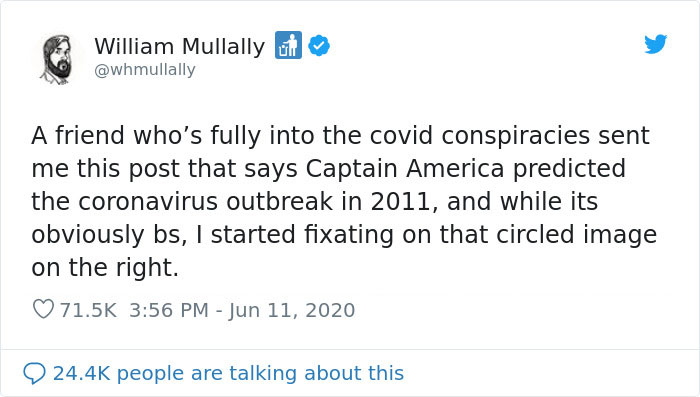
Image credits: whmullally
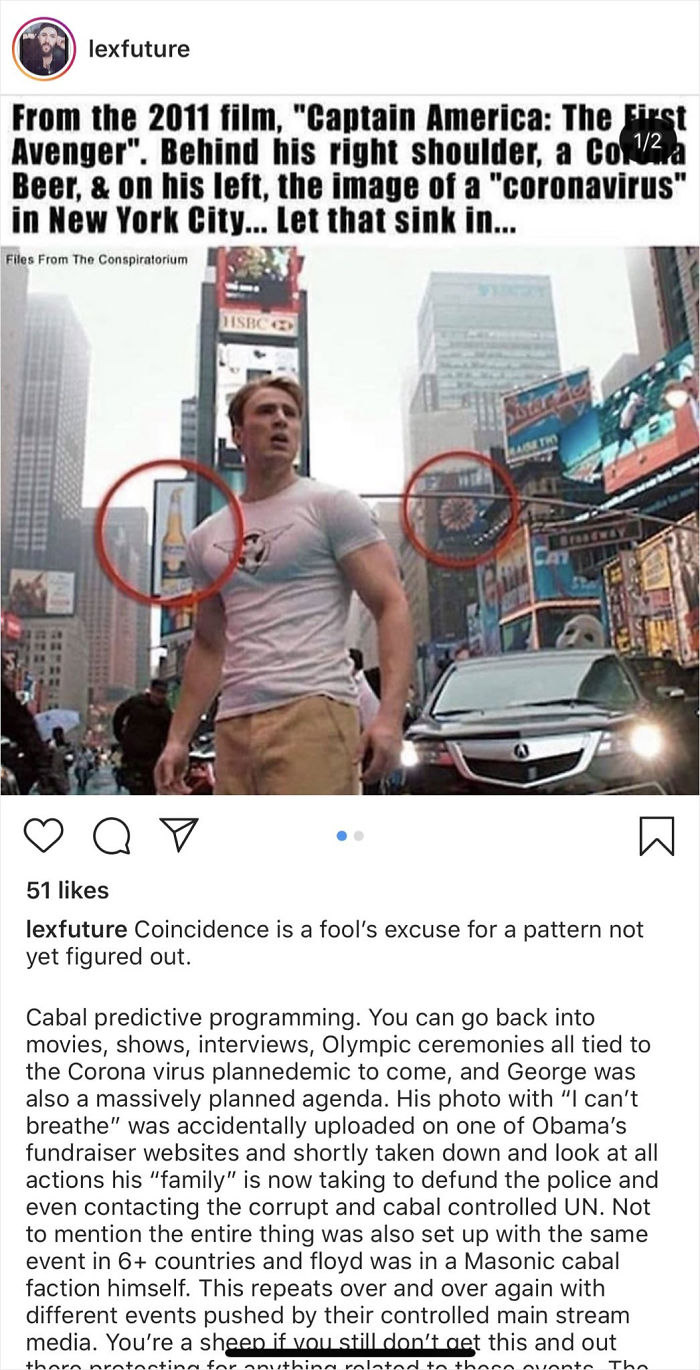
Image credits: whmullally
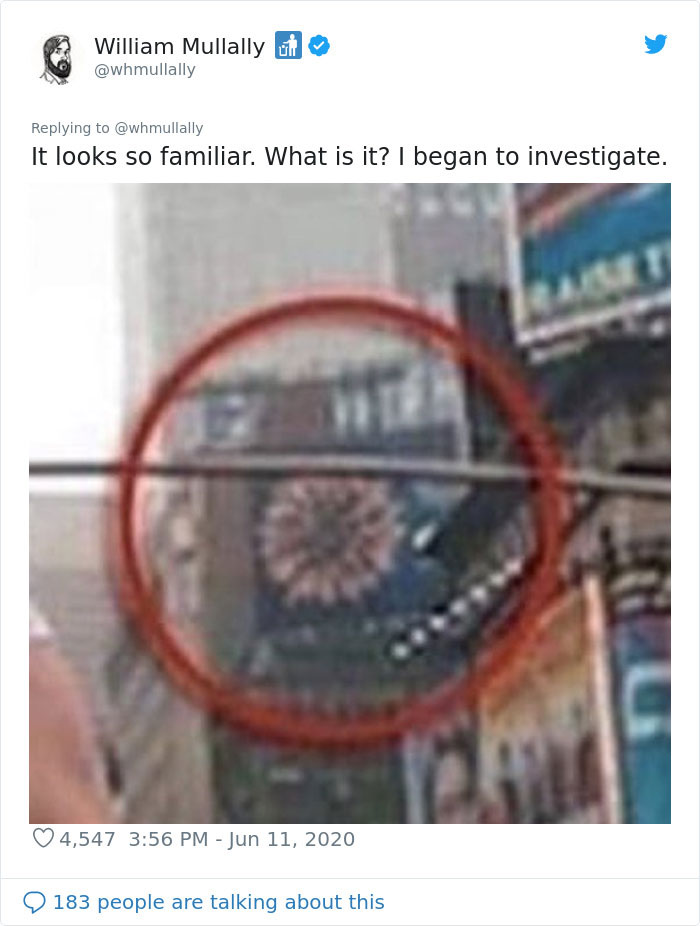
Image credits: whmullally

Image credits: whmullally
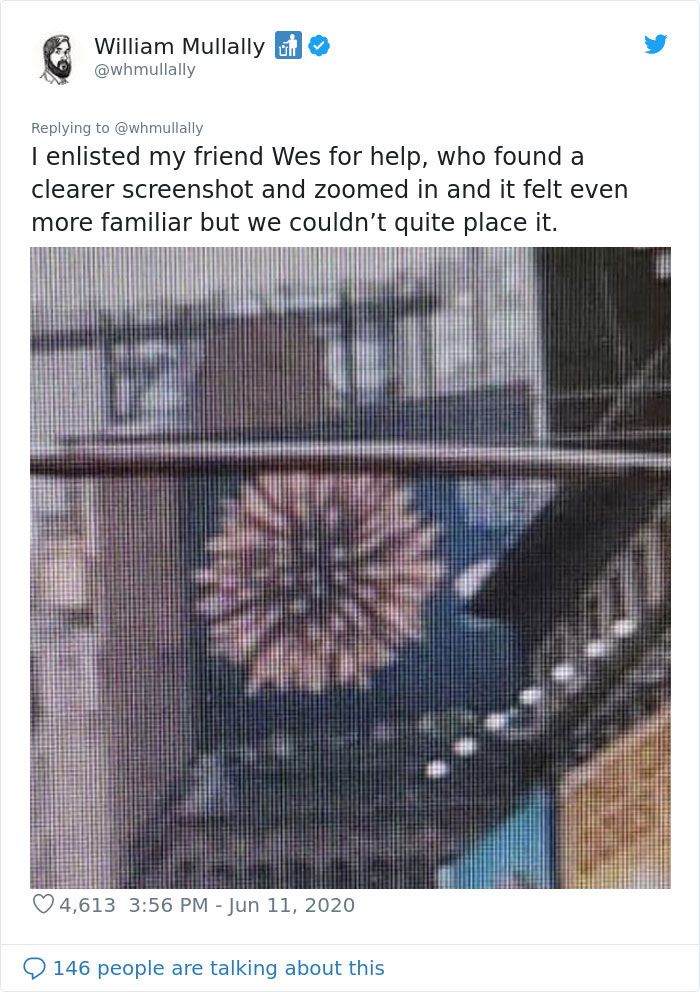
Image credits: whmullally
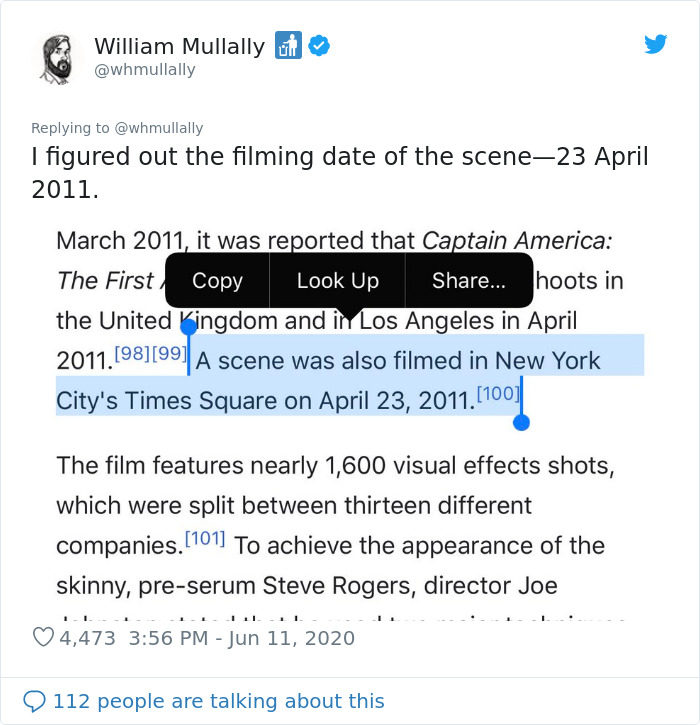
Image credits: whmullally
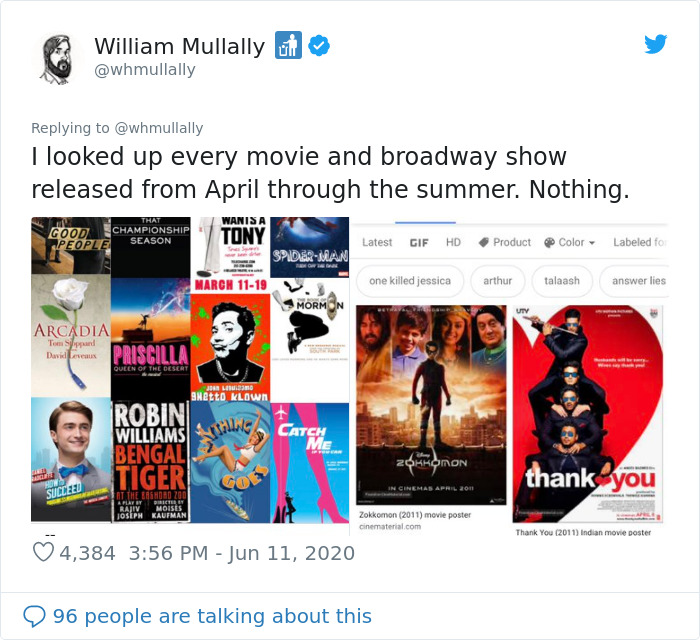
Image credits: whmullally
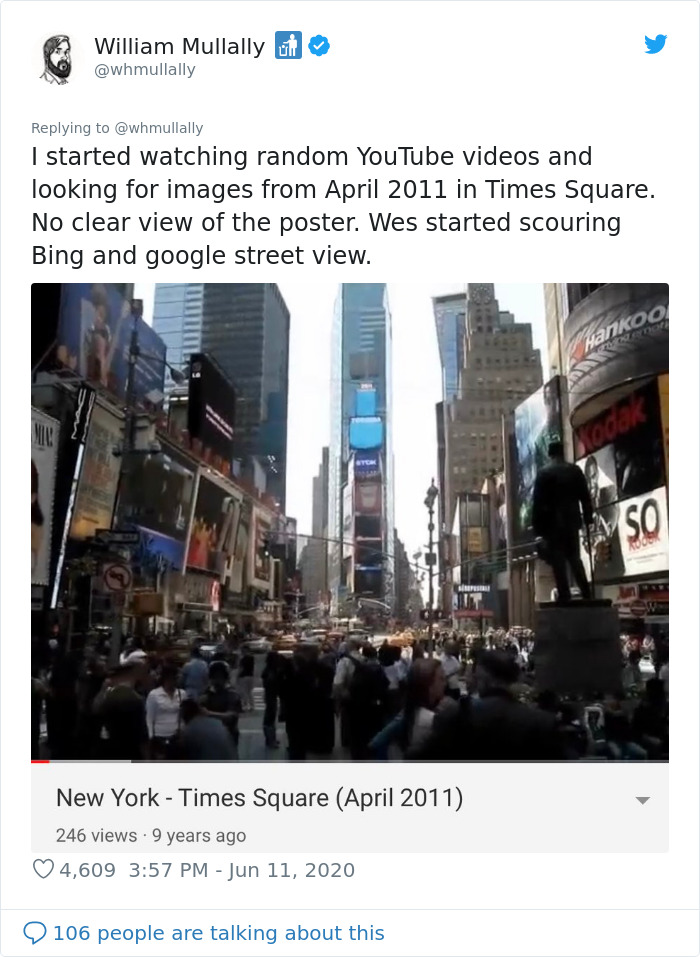
Image credits: whmullally
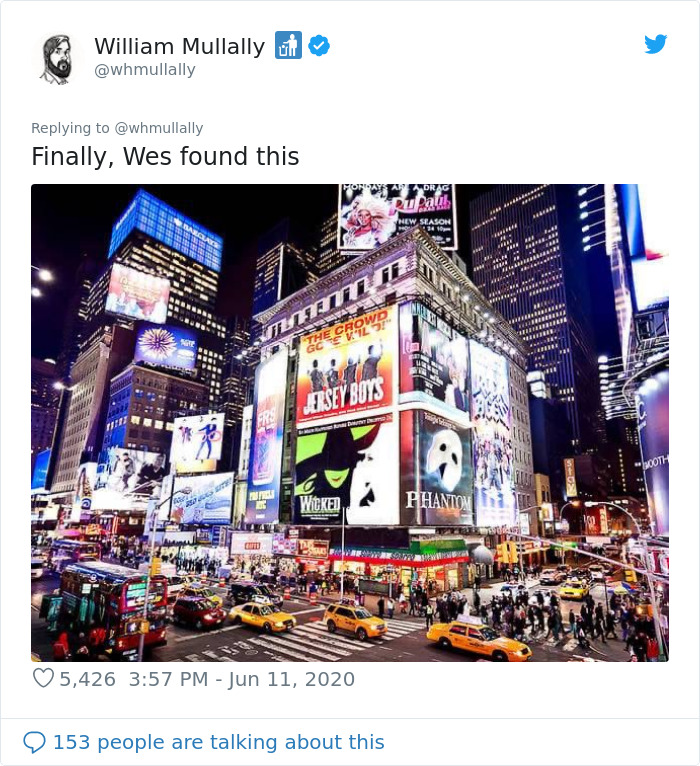
Image credits: whmullally
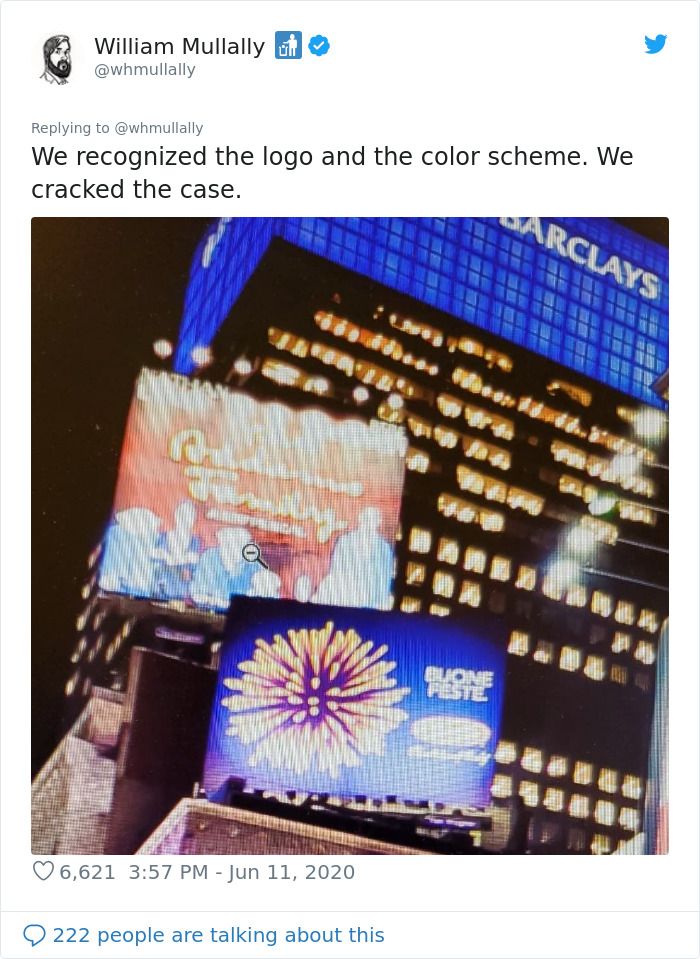
Image credits: whmullally
…bet you didn’t see that coming
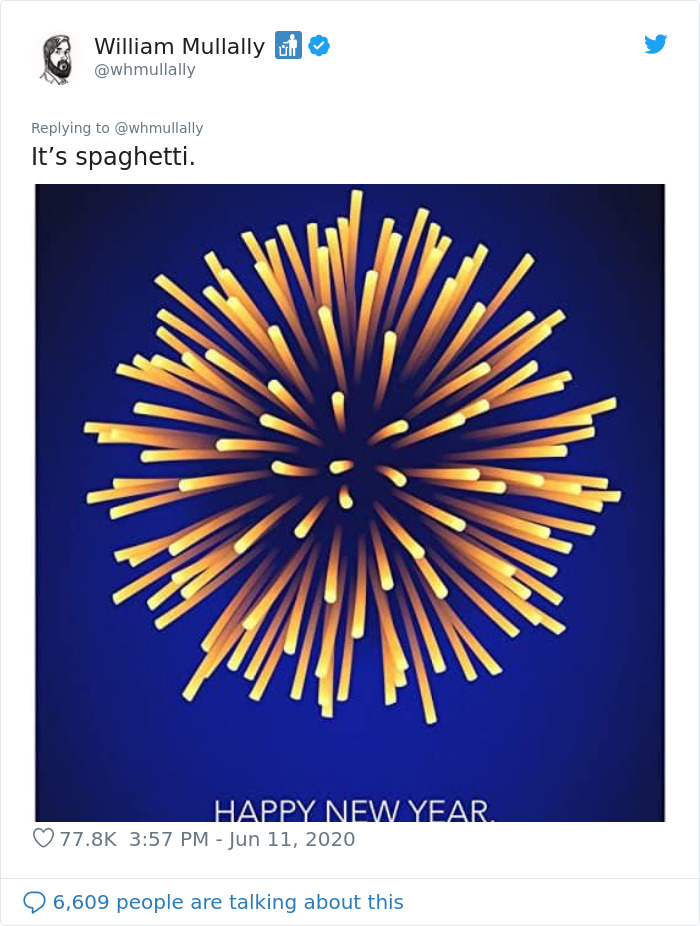
Image credits: whmullally
William’s Twitter thread was very popular and got over 71.5k likes, as well as nearly 30k retweets at the time of writing. Unfortunately, conspiracy theories like the Captain America coronavirus one still circulate widely around the net.
“Public health emergencies are always concerning, particularly when a new virus like COVID-19 is emerging. Although we continue to learn more about this novel coronavirus each day, we don’t have all the answers yet, which can contribute to rumors and misinformation,” the CDC told Bored Panda about why conspiracies abound.
“In addition, technology today can help accelerate the speed and depth at which misinformation spreads—and that, in turn, can promote harmful behaviors that increase personal and public health risks.”
According to the CDC, it works to dispel misinformation related to the coronavirus by sharing science-based and data-driven information wherever it can: from print and online platforms to traditional and social media, and partner outreach.
“We have developed and published nearly 1,500 documents providing information and guidance for government agencies, businesses, and the public, and provided more than 3,200 social media posts related to COVID-19,” the CDC revealed to Bored Panda. “CDC staff have fielded more than 21,000 inquiries from doctors, nurses, and other clinical staff and health departments, as well as more than 240,000 inquiries through CDC-INFO, which provides live agents by phone and email to help direct people to credible information. As we learn more about COVID-19, we update our recommendations and resources so that people have the most up-to-date information.”
The CDC stressed that it’s important to follow trusted sources and know where to turn for reliable information about the coronavirus, as there is still a lot of fear and concern about COVID-19.
“Follow the recommendations of your state and local public health departments and emergency management offices. Look for social media posts from verified accounts before sharing information with your friends and followers. We all have a role to play in combating misinformation and protecting our loved ones from this unprecedented pandemic.”
Here’s what people had to say about coronavirus conspiracy theories
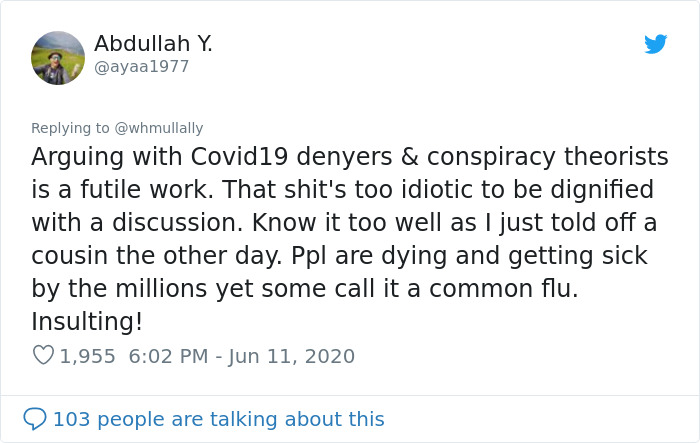
Image credits: ayaa1977
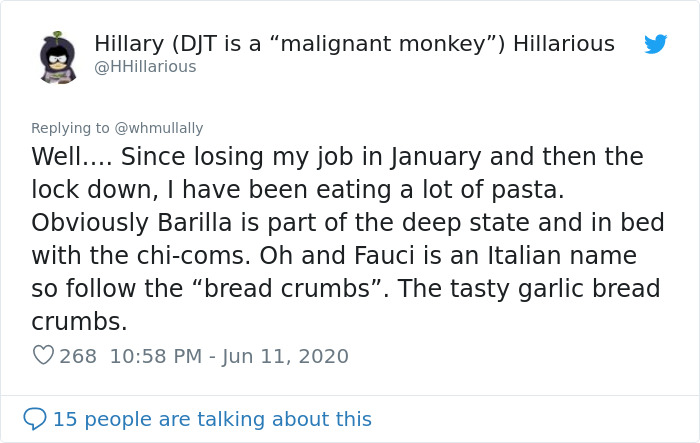
Image credits: HHillarious
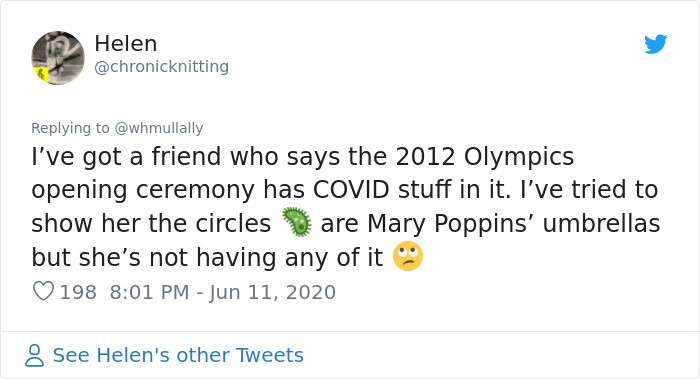
Image credits: chronicknitting
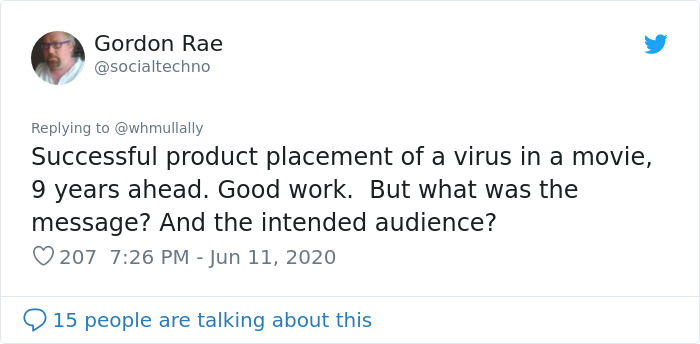
Image credits: socialtechno
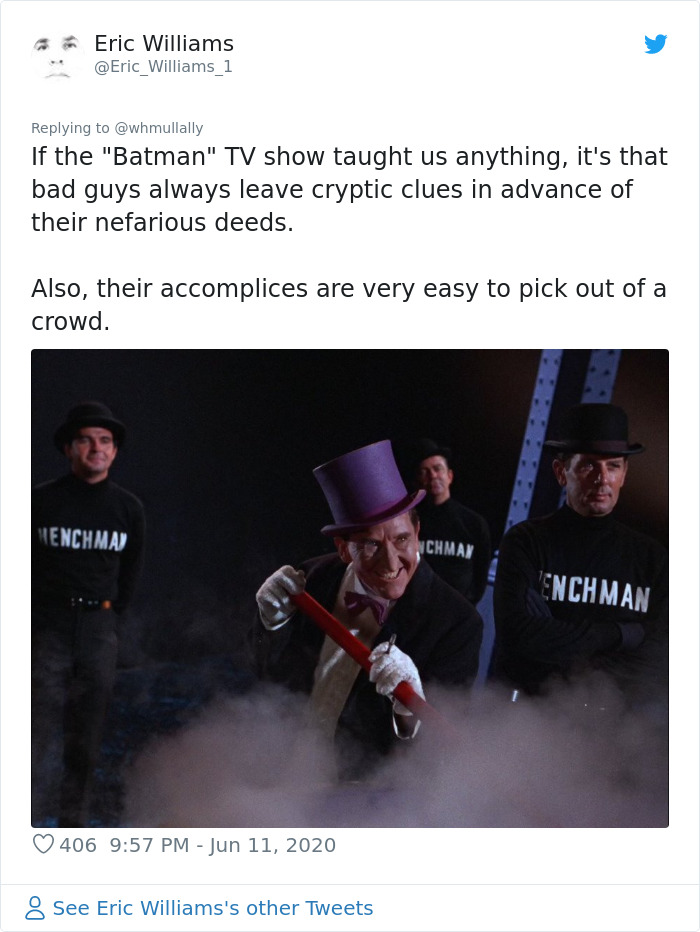
Image credits: Eric_Williams_1
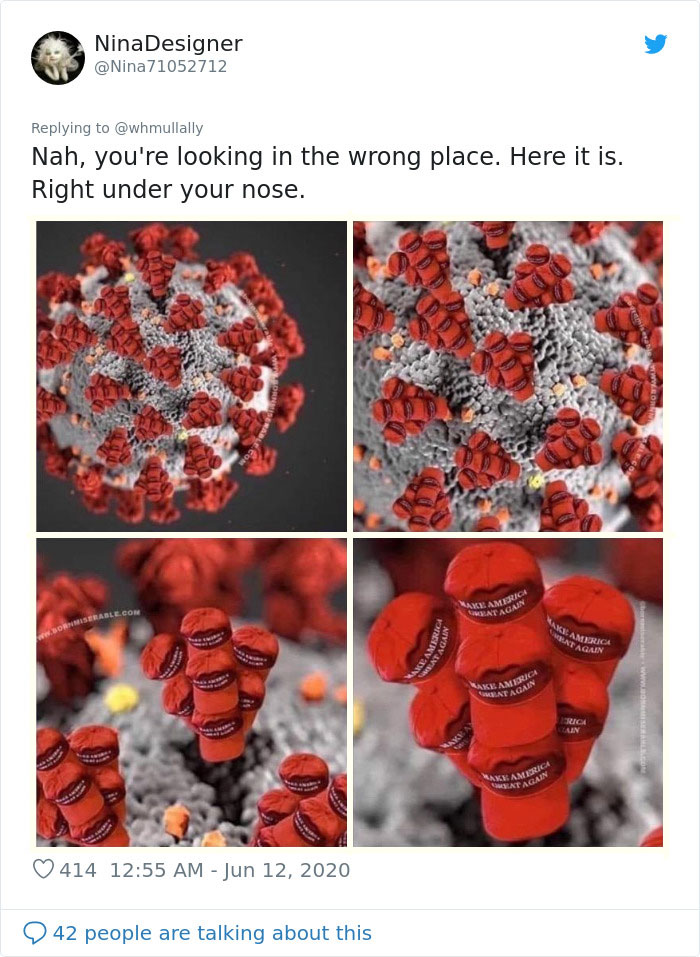
Image credits: Nina71052712
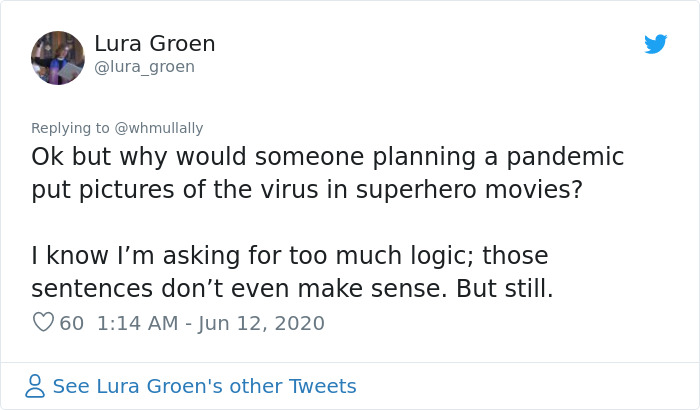
Image credits: lura_groen
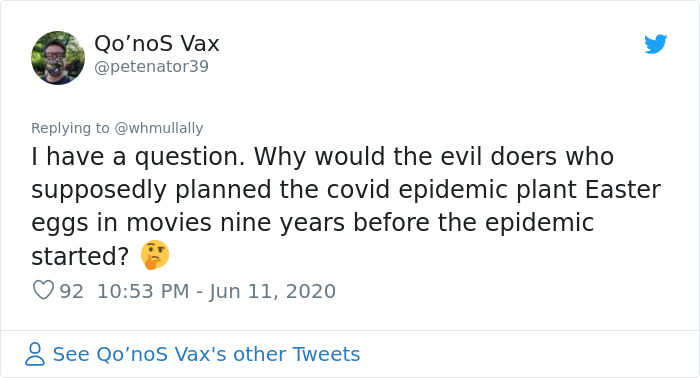
Image credits: petenator39
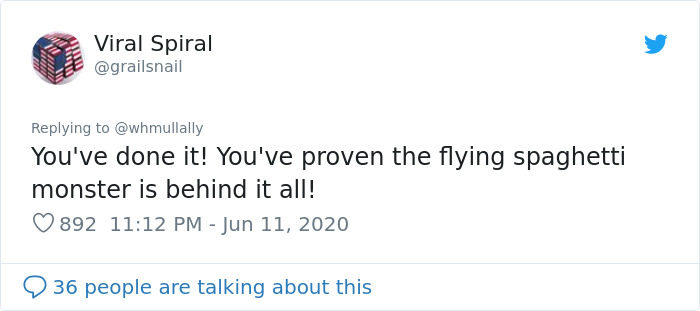
Image credits: grailsnail





No comments